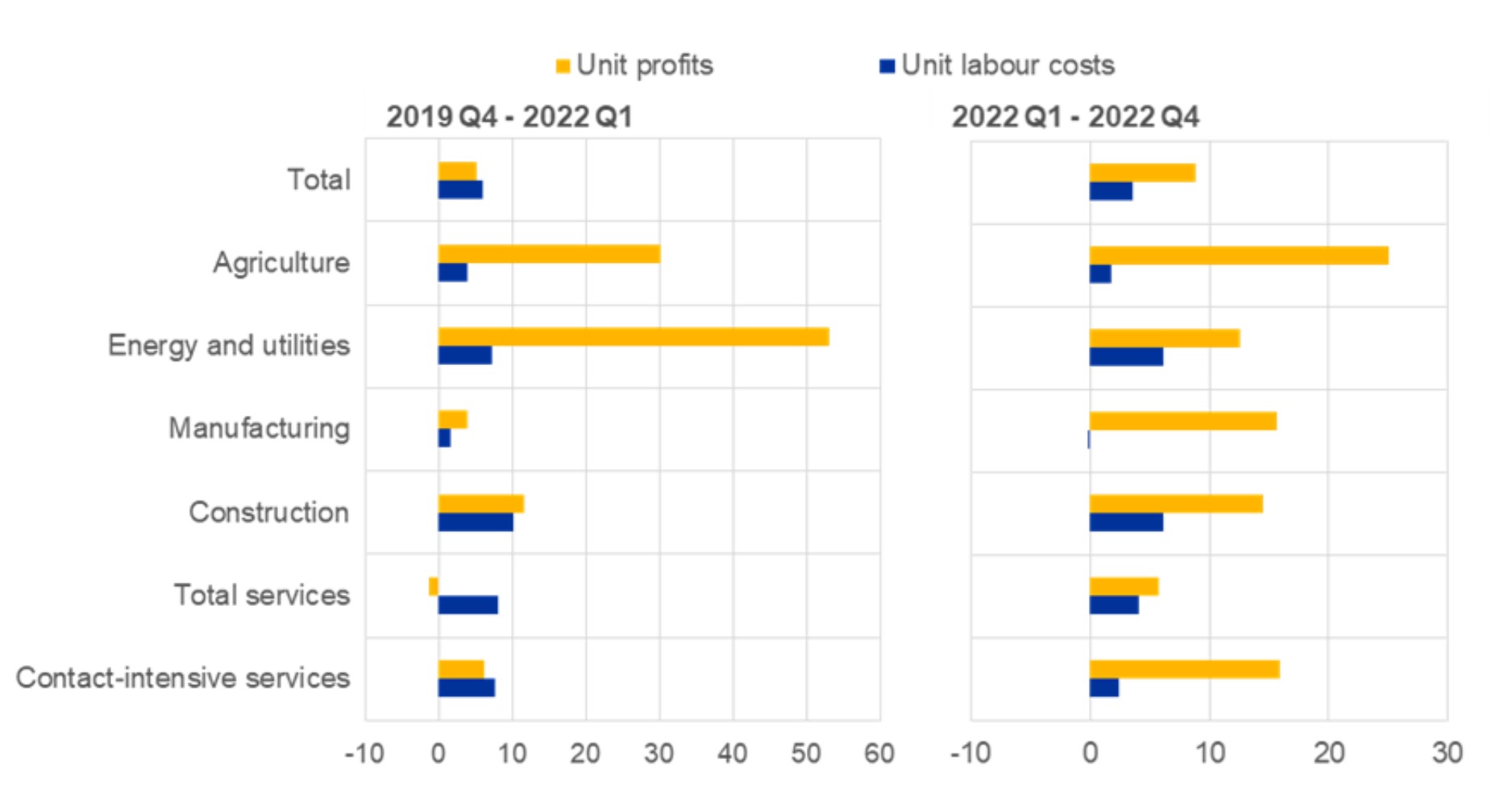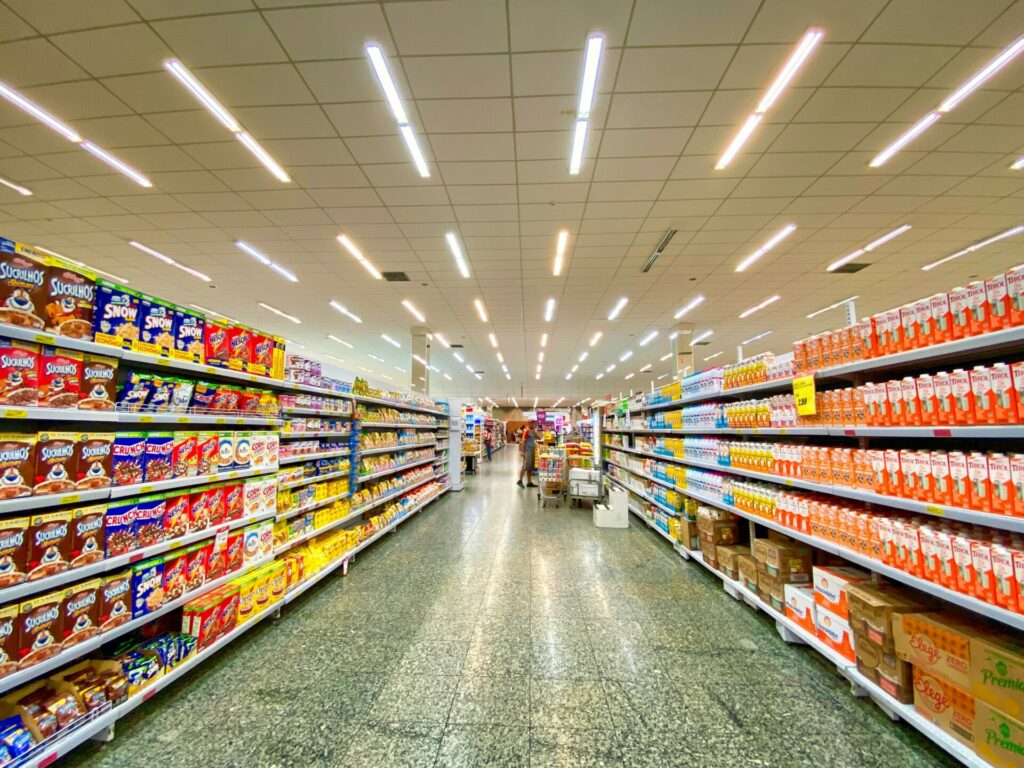Prices for some food items have increased seven times more rapidly than wages in the EU over the last three years, enraging labour groups who argue that price markups are directly responsible for surging profits in Europe's agricultural sector.
According to a report published on Tuesday by Eurostat, the EU statistics office, olive oil prices have risen 75% since January 2021. Prices for potatoes (53%), eggs (37%), and butter (26%) have also increased considerably.
In a press release commenting on the study, the European Trade Union Confederation (ETUC) reported that average nominal wages in the bloc grew by just 11% over the same period.
"The evidence shows that major corporations are profiting from the increase in prices, with profit increases in agroindustry second only to those in the energy sector," said ETUC General Secretary Esther Lynch. "Meanwhile wages are still failing to keep up with the cost of the most basic food stuffs, including for workers in the agriculture sector itself, forcing more and more working people to rely on foodbank."
Echoing previous remarks, Lynch urged European policymakers to "address the real cause inflation" by imposing windfall taxes on the food industry and strengthening collective bargaining rights.
'Pattern of profiteering'
The ETUC's conclusions have been corroborated by numerous other studies over the past year. In a report published just last month, the United Nations Conference on Trade and Development (UNCTAD) denounced the "pattern of profiteering in the food trading industry".
"During the period of heightened price volatility since 2020, certain major food trading companies have earned record profits in the financial markets, even as food prices have soared globally and millions of people faced a cost-of-living crisis," UNCTAD noted.
Similarly, earlier this year the European Central Bank reported that profits had outstripped labour costs in Europe's agricultural sector since late 2019: a fact which, the bank claimed, was "supported by rising food prices".

Credit: ECB
Notably, the ECB data suggests that Russia's full-scale invasion of Ukraine in February 2022 exacerbated but did not by itself cause the gap between profits and labour costs in Europe's agricultural sector. It found that in the two years prior to Russia's invasion, agricultural profits outstripped labour costs by a factor of six. This figure rose to ten in 2022.
In a recent echo of the ETUC's conclusions, Oxfam, a British charity, found that 46 food companies collectively made $70 billion in windfall profits last year.
Like the ETUC, Oxfam also called for effective windfall taxes on these "eye-watering" earnings in order to "re-distribute the ill-gotten gains into social good". It urged governments to "limit companies' market power by re-framing the way companies are run so employees have a stronger voice".

